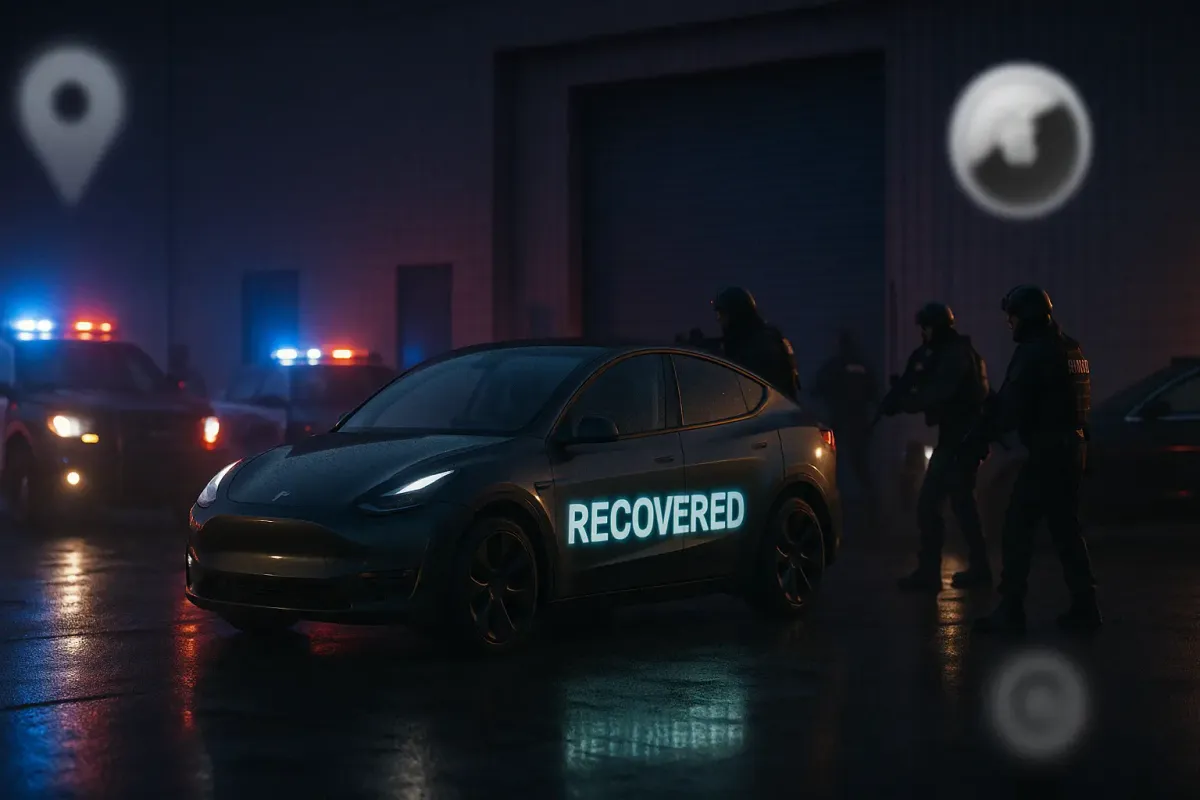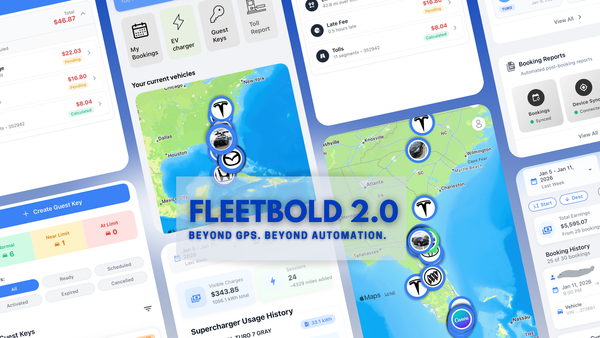Florida Task Force Shatters Sophisticated Rental Car Theft Ring—80 Vehicles Recovered
Florida authorities executed a dramatic multi‑agency raid on March 11, 2025, arresting five suspects in a ring that stole 80 rental cars using AirTags and cloned keys. A sixth remains at large.

In the pre‑dawn darkness of March 11, 2025, a crack team of Florida agents converged on two sites in Tampa and Fort Myers to deliver a knockout blow to one of the most brazen auto theft operations the state has ever seen. Under the command of Attorney General James Uthmeier, members of the Florida Department of Law Enforcement, Florida Highway Patrol, Homeland Security Investigations and local sheriff’s offices executed precision raids that led to five arrests, the seizure of 80 stolen rental cars—and the manhunt for a sixth fugitive still at large.
A Crime Spree Unmasked
For nearly three years, a shadowy network of suspects orchestrated an elaborate scheme targeting rental fleets across Southwest Florida. Investigators say the thieves exploited insider access at airport lots in Lee, Collier and Charlotte counties to slip hidden Apple AirTags onto vehicles, tracking their every movement. Once a high‑value target often Teslas, Escalades and other luxury crossovers wandered into an isolated spot, the ring deployed cloned digital keys or counterfeit fobs to disable factory immobilizers.
Overnight, sanitized trailers whisked these cars away to clandestine garages. There, VIN plates were swapped with doctored tags, odometers rolled back and the vehicles reentered the market at bargain prices. Mainstream models sold for as little as $5,000; “clean‑title” finds, like Rolls‑Royces and Cadillac Escalades, fetched up to $40,000 on the black market.
By early March, law enforcement had compiled a list of 80 confirmed thefts spanning Florida and crossing into Texas, Georgia, Colorado, Kentucky, Louisiana and Ohio. But the true magnitude of the conspiracy only became clear when teams pooled digital forensics, cell‑tower pings and undercover buys—revealing a web of middlemen, enablers and fence networks stretching from Tampa’s suburbs to out‑of‑state chop shops.
The Dramatic Takedown
At 6 AM, Florida Highway Patrol troopers quietly surrounded a nondescript warehouse on Tampa’s east side. Simultaneously, FDLE agents in sniper positions watched over a rental lot in Fort Myers. When the signal came, breach teams stormed in, catching suspects unawares as they attempted to shield stolen fobs and AirTag‑tracking gadgets.
By noon, five individuals lay in handcuffs:
- Hector Rafael Gonzalez Tamayo (Racketeering; leader of the network)
- Yoan Oriol Gonzalez Solorzano (Tech specialist; key‑cloning expert)
- Felipe Benitez Alonso (Logistics coordinator; handled transport)
- Yainier Pinillo Toro (Fence operator; resold vehicles)
- Maria Beatriz Rodriguez La Rosa (VIN‑swap technician; altered vehicle identities)
A sixth suspect, Inti Gomez Alonso, remains at large under a federal warrant. Authorities believe he slipped through a back exit during the raid. A reward has been posted for credible tips leading to his arrest.
High‑Tech Investigation
This operation was anything but old‑fashioned stakeouts. FDLE’s Cyber Crime Division first flagged unusual clusters of AirTag pings in early 2024. Undercover officers then posed as black‑market buyers in controlled purchases, gathering photos of fake VIN plates and recording the ring’s clandestine negotiations.
Cell‑tower triangulation placed key suspects near rental lots at precise check‑in and check‑out windows. Meanwhile, Homeland Security deployed license‑plate‑reader cameras around chop‑shop sites in Polk and Hillsborough counties. Analysts matched transaction records—down to the dollar amount of cash deals—to build a RICO case that AG Uthmeier called “airtight.”
At a press briefing, Uthmeier praised the “seamless fusion of old‑school police work and cutting‑edge tech.” He warned that “organizers of this scale will find no safe harbor in Florida.”
Fallout and Impact
This ring wasn’t stealing sedans for joyrides—these thefts threatened Florida’s entire tourism and travel infrastructure. Rental agencies estimate direct losses topping $30 million when accounting for vehicle replacement, insurance deductibles and lost booking revenue. With rental demand still surging and new fleets delayed by global chip shortages, recovering 80 cars meaningfully eases supply crunches.
For travelers, the risk extended beyond empty lots. Rented vehicles with altered identities can endanger unsuspecting drivers, leading to invalid warranties or hidden crash histories. Law enforcement warns potential buyers to verify VINs and walk away from deals that seem too cheap.
What’s Next
Charges against the five arrestees include racketeering, grand theft auto, conspiracy and possession of vehicles with altered identification numbers. Prosecutors have signaled they will seek asset forfeiture of all real‑estate and financial holdings linked to the operation.
At large, Inti Gomez Alonso faces federal extradition orders and inter‑state alerts. Authorities urge any witnesses or tipsters to contact Crime Stoppers, reminding the public that anonymity and rewards may apply.
Meanwhile, rental companies are racing to bolster defenses: expanding CCTV at lots, deploying AI‑powered telematics that detect unauthorized key generation, and implementing real‑time VIN scans through mobile apps.
A Warning Shot
This dramatic takedown serves as a wake‑up call: as criminals grow more sophisticated leveraging tiny trackers and digital key exploits—so too must prevention strategies. For Florida’s booming rental industry, the message is clear: stay vigilant, embrace new security technologies, and partner closely with law enforcement.
Because the next ring could be lurking in the shadows, ready to strike. But thanks to AG Uthmeier and Florida’s fearless task force, this operation has already met its match.





